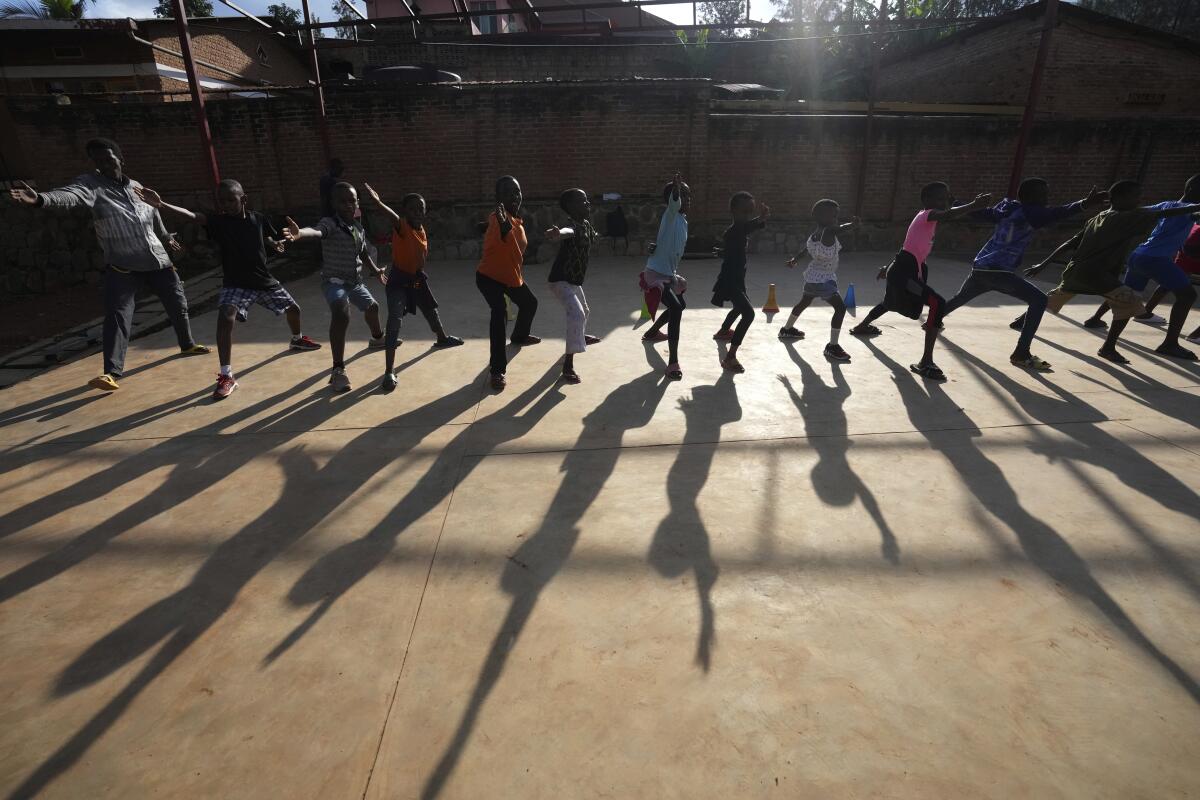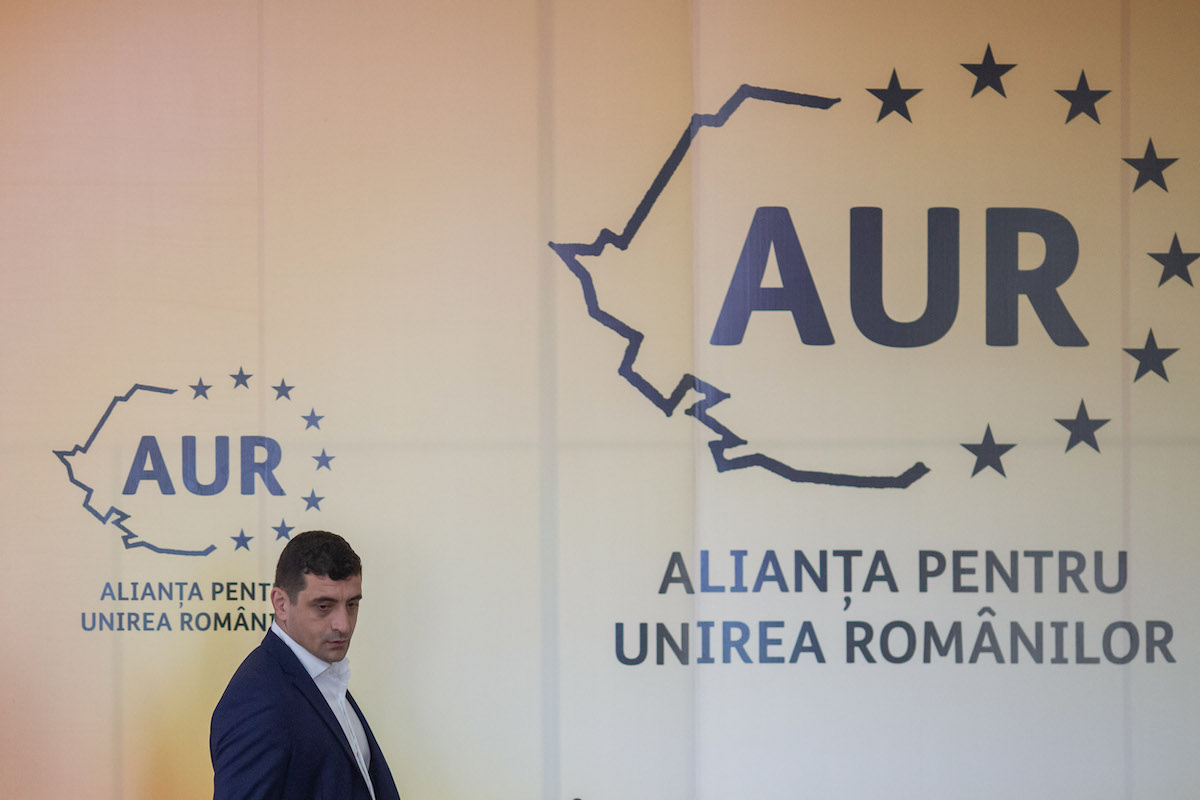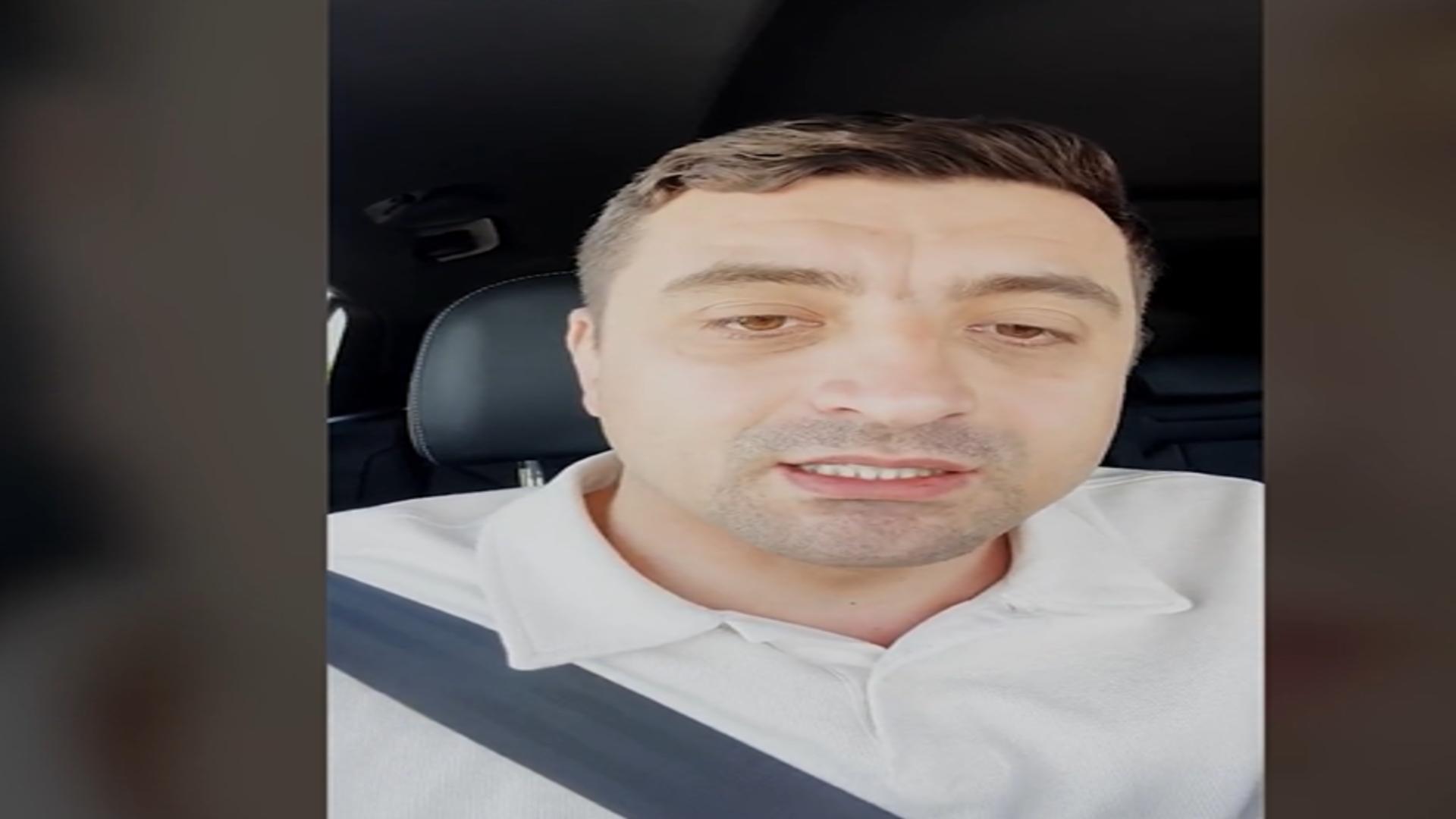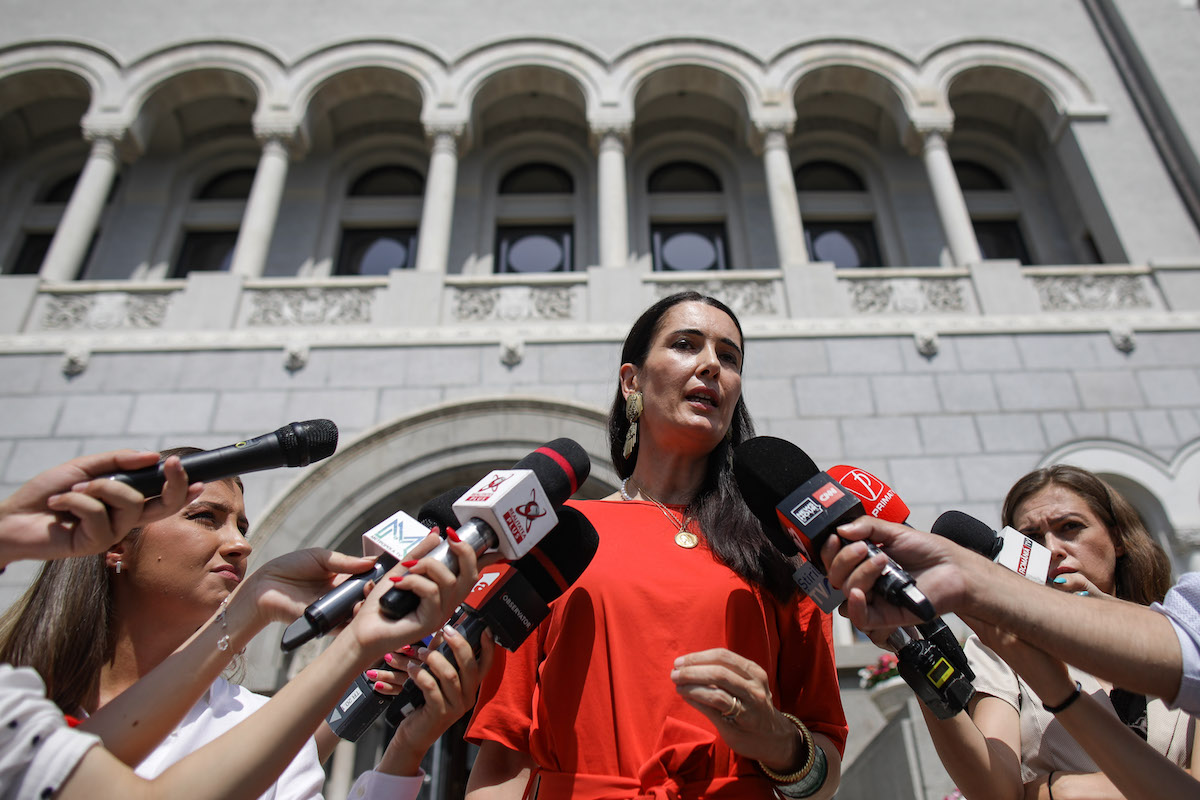Mass graves in Rwanda reveal cracks in reconciliation efforts, 30 years after the genocide
RODNEY MUHUMUZA and IGNATIUS SSUUNA April 7, 2024
The diggers hoes scrape the brown soil, looking for and often finding human bone fragments. The women then wipe the bone pieces with their hands as others watch in solemn silence.
The digging goes on, a scene that’s become all too familiar in a verdant area of rural southern Rwanda, where the discovery in October of human remains at the site of a house under construction triggered another search for new mass graves believed to hold victims of the 1994 genocide against Rwanda’s ethnic Tutsis.
In the months since, Rwandan authorities say the remains of at least 1,000 people have been found in this farming community in the district of Huye. It’s a surprisingly high number after three decades of government efforts to give genocide victims dignified burials.
As Rwanda commemorates the 30th anniversary of the genocide
with a week of mourning to begin on Sunday,4/7
continuing discoveries of mass graves are a stark reminder not only of the countrys determination to reconcile with its grim past but also of the challenges it faces in aiming for lasting peace. The genocide followed decades of ethnic tensions and violence.
The head of a prominent genocide survivors group and several other Rwandans say the discoveries underscore that more needs to be done for true reconciliation.
Rwanda has made it a criminal offense to withhold information about a previously unknown mass grave. For years perpetrators of the 1994 genocide, including those who served prison terms and were later released, have been urged to speak up and say what they know.
Yet the mass graves are still mostly found by accident, leading to new arrests and traumatizing survivors all over again.
The October discovery led to the arrest of Jean Baptiste Hishamunda, 87, and four of his relatives.
After the remains of six people were discovered under his home, diggers started going through his entire property, finding the remains of dozens and then hundreds more as their search extended to other sites in Huye.
An estimated 800,000 Tutsis were killed by extremist Hutus in massacres that lasted over 100 days in 1994. Some moderate Hutus who tried to protect members of the Tutsi minority also were targeted.
The genocide was ignited on April 6 that year, when a plane carrying President Juvnal Habyarimana, a member of the Hutu majority, was shot down in the capital, Kigali. Hutus blamed Tutsis for downing the plane and killing him, and enraged gangs of Hutu extremists began killing Tutsis, with backing from the army and police.
The government of President Paul Kagame, whose rebel group stopped the genocide and whose party has ruled the Central
East
African country since 1994, has tried to bridge ethnic divisions using legal means and other measures. Although critics accuse the authoritarian leader of crushing all dissent, he is also praised by many for presiding over relative peace and stability.
As his government imposed a tough penal code to punish genocide participants and to outlaw the ideology behind it, Kagame has fostered a culture of obedience among the country’s 14 million people. Rwandan ID cards no longer indicate a person’s ethnicity, and lessons about the genocide are part of the curriculum in schools.
Hundreds of community projects, backed by the government or civic groups, focus on uniting Rwandans, who join in somber commemorations every April to mark the anniversary of the genocide.
Today, serious crimes fueled by ethnic hatred are rare in this small country, where Hutus, Tutsis and the ethnic Twa people live side by side.
But authorities say signs of a genocidal ideology persist, citing the concealing of information about undiscovered mass graves as an example.
Then there are incidents of villagers asking grave investigators whether they are searching for valuable minerals or dumping dog carcasses at memorial sites, according to Naphtal Ahishakiye, executive secretary of Ibuka, the genocide survivors group based in Kigali.
Its like saying, What we lost during the genocide are dogs, Ahishakiye said.
There are still those who resist coming forward to say what they witnessed, he said. We still need to improve, to teach, to approach people.”
As more mass graves are discovered and Tutsis’ pleas for information about relatives lost in the killings go unanswered, they start to doubt the good intentions of their Hutu neighbors, he said.
In the village of Ngoma, where shacks roofed with corrugated sheets dot lush farmland, those digging come across decaying shoes and pieces of torn clothing among skulls and bones. Again, the survivors are traumatized.
I have tried very hard to forget, said Beata Mujawayezu, her voice catching as she recalled the killing of her 12-year-old sister at a roadblock on April 25, 1994.
Her sister had pleaded with militiamen for her life, going down on her knees in front of a gang leader and addressing him as father. She was hacked with a machete.
She was a lovely girl, Mujawayezu said of her sister as she watched the digging at a mass grave on a recent afternoon in her Tutsi-dominated neighborhood. One day, hopefully, we will get to know where she was buried.
Augustine Nsengiyumva, another survivor in Ngoma, said the new discoveries of mass graves had left him disappointed in his Hutu neighbors, whom he had grown to trust.
“Imagine sleeping on top of genocide victims, he said of the cases of human remains being found under people’s homes. These are things I really dont understand.
Young people are less troubled by the past. Some Rwandans see that as a chance for reconciliation, considering half of the country’s citizens are younger than 30.
In the semi-rural area of Gahanga, just outside Kigali, farmer Patrick Hakizimana says he sees a ray of hope in his children that someday Rwanda will have ethnic harmony.
A Hutu who was an army corporal during the genocide, Hakizimana was imprisoned from 1996 to 2007 for his alleged role in the killings. He says he has learned his lesson and is now trying to earn the respect of others in his neighborhood.
There are people who still have hatred against Tutsi, he said of some fellow Hutus. The genocide was prepared for a long time.
It will take a long time for people to leave that hatred behind, he said.
Muhumuza and Ssuuna write for the Associated Press. Muhumuza reported from Kigali, Rwanda; and Ssuuna from Huye.





